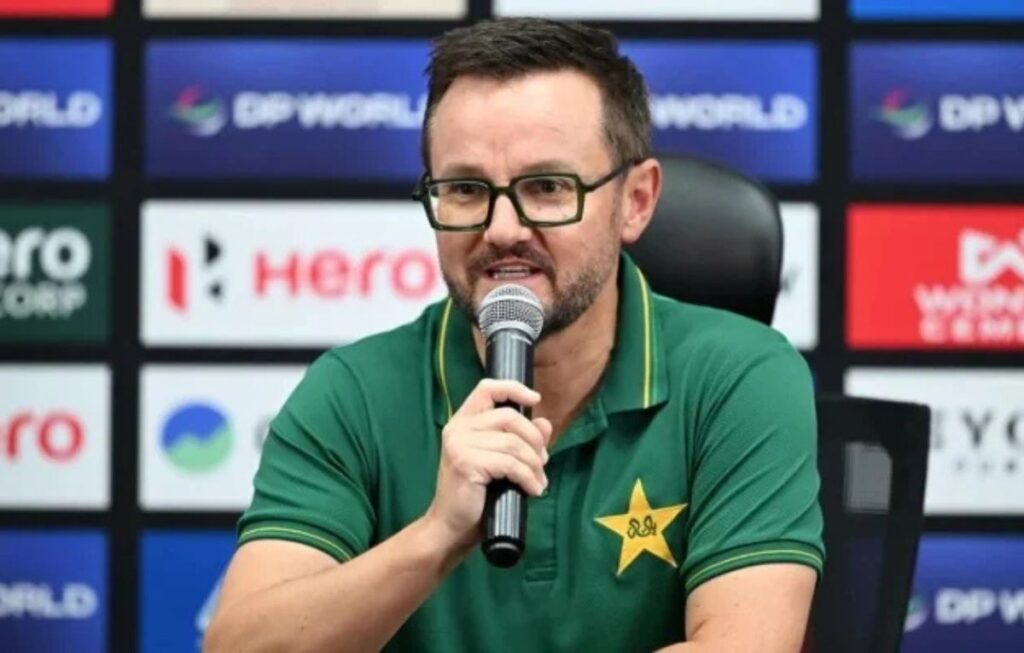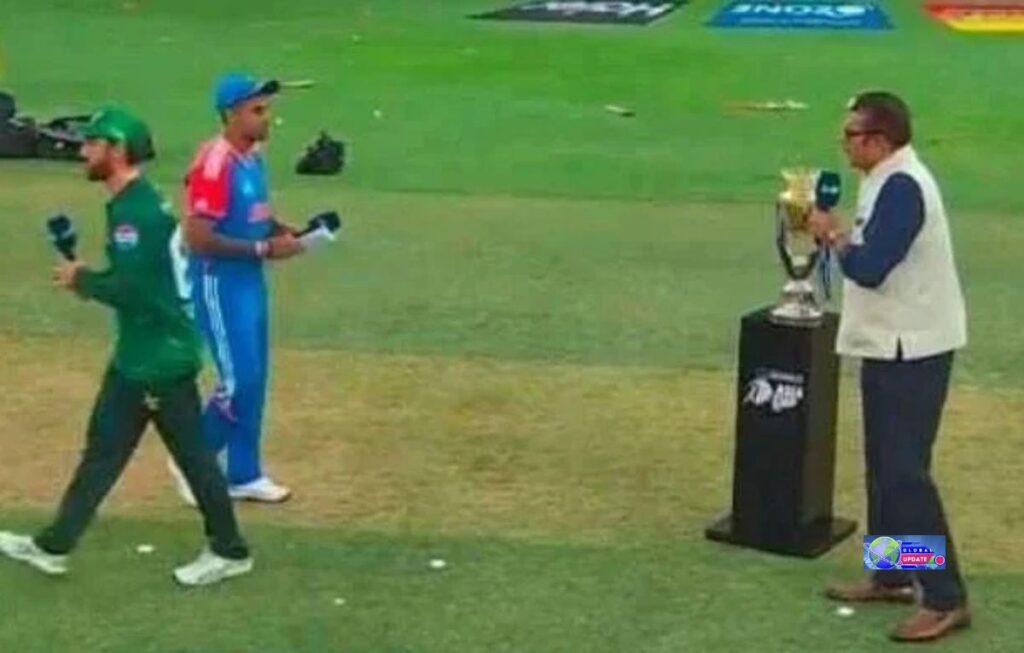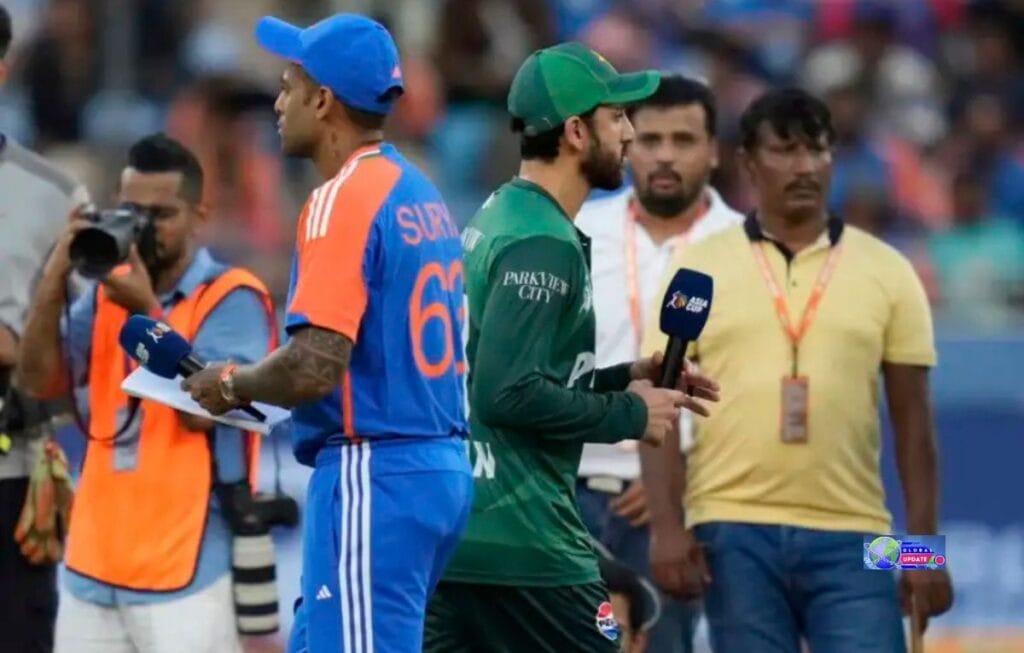India’s win over Pakistan in the Asia Cup was overshadowed by controversy, as the Indian team reportedly acted on government directives and skipped the traditional post-match shakehands with their rivals.
The victory underscored India’s dominance on the field. The refusal to engage in a simple act of sportsmanship soured the atmosphere and drew sharp criticism.
Pakistan’s coach Mike Hesson called it “a disappointing way for the match to end.” while fans and officials alike argued that India may have won the cricket but lost respect on the field.
Dubai, September 14th, 2025—India defeated Pakistan by seven wickets in a dominant Asia Cup clash, but the post-match fallout has unsettled many who hoped for a more dignified ending.
Despite being convincing on the field, the refusal to follow one of cricket’s oldest rituals, the handshake, clouded the victory.

What Happened
- After India sealed the win, the Indian players, including captain Suryakumar Yadav and Shivam Dube, did not shakehands with the Pakistan side. The Indians reportedly went straight to their dressing room.
- Pakistan captain Salman Ali Agha and coach Mike Hesson approached, but there was no reciprocal gesture.
- At the toss, there had already been tension: the captains didn’t shake hands.

The Claims & Defences
- Suryakumar Yadav justified the decision to forgo a handshake, citing alignment with the Indian government and the BCCI. He argued that certain principles take precedence over sportsmanship. He also dedicated the win to the victims of the Pahalgam attack and to the Indian armed forces.
- On the Pakistan side, coach Mike Hesson expressed disappointment, saying, “We were ready to shakehands at the end, but they had already gone into the changing room… It was a disappointing way for the match to end.”
- Pakistan lodged a formal protest with the Asian Cricket Council (ACC) over India’s refusal to shake hands.
Public Reactions & Criticism
- Many Pakistani fans considered India’s victory speech and post-match behavior politicized. Some called Captain Yadav’s comments “pathetic,” arguing that while India won the match, it lost moral high ground on the podium.
- Social media saw a surge of memes and sharp commentary. Reactions ranged from humour and mockery to outrage. Some Pakistani fans pointed to India’s speech and gesture choices—“intent” alone, many felt, was not enough.
Broader Context
- The match was India vs Pakistan’s first encounter since a four-day military conflict in May 2025. Tensions were already high, and many had suggested India should boycott the fixture.
- The Pahalgam terror attack in April, in which 26 people died, looms large in Indian public memory, and Yadav’s victory dedication to the victims was seen by many as an extension of the political narrative. Pakistan refutes any involvement.
Takeaway
This match may be remembered less for cricketing statistics and more for what happened (or didn’t) off the field.
The post-match handshake, a simple and universal sign of respect in sport, was skipped.
What was meant to be a moment of athletic triumph instead escalated into controversy, underscoring how deeply politics, nationalism, and identity are intertwined with sport in the subcontinent.
Many observers believe that winning a match doesn’t erase responsibility or expectations of sportsmanship.
For them, the match was a “disappointing” end—not just to the game, but to the symbolism cricket holds between India and Pakistan.



